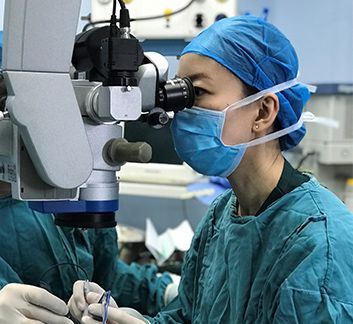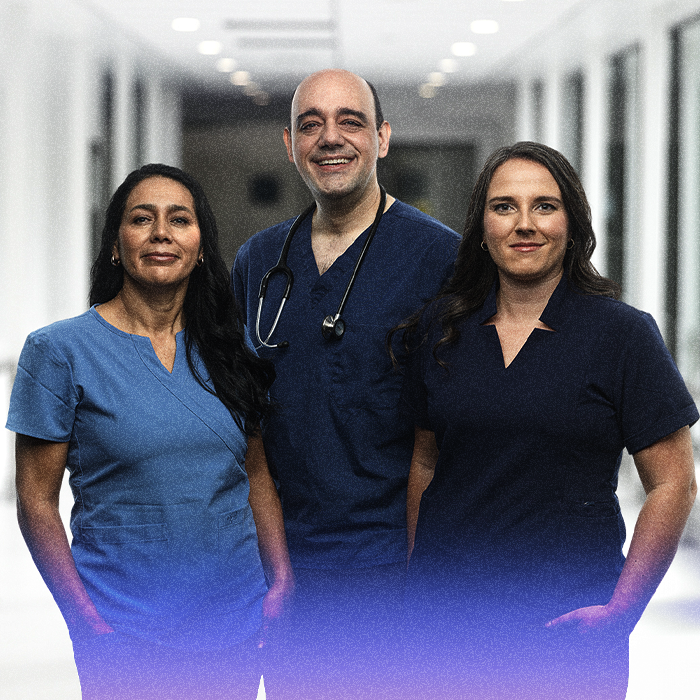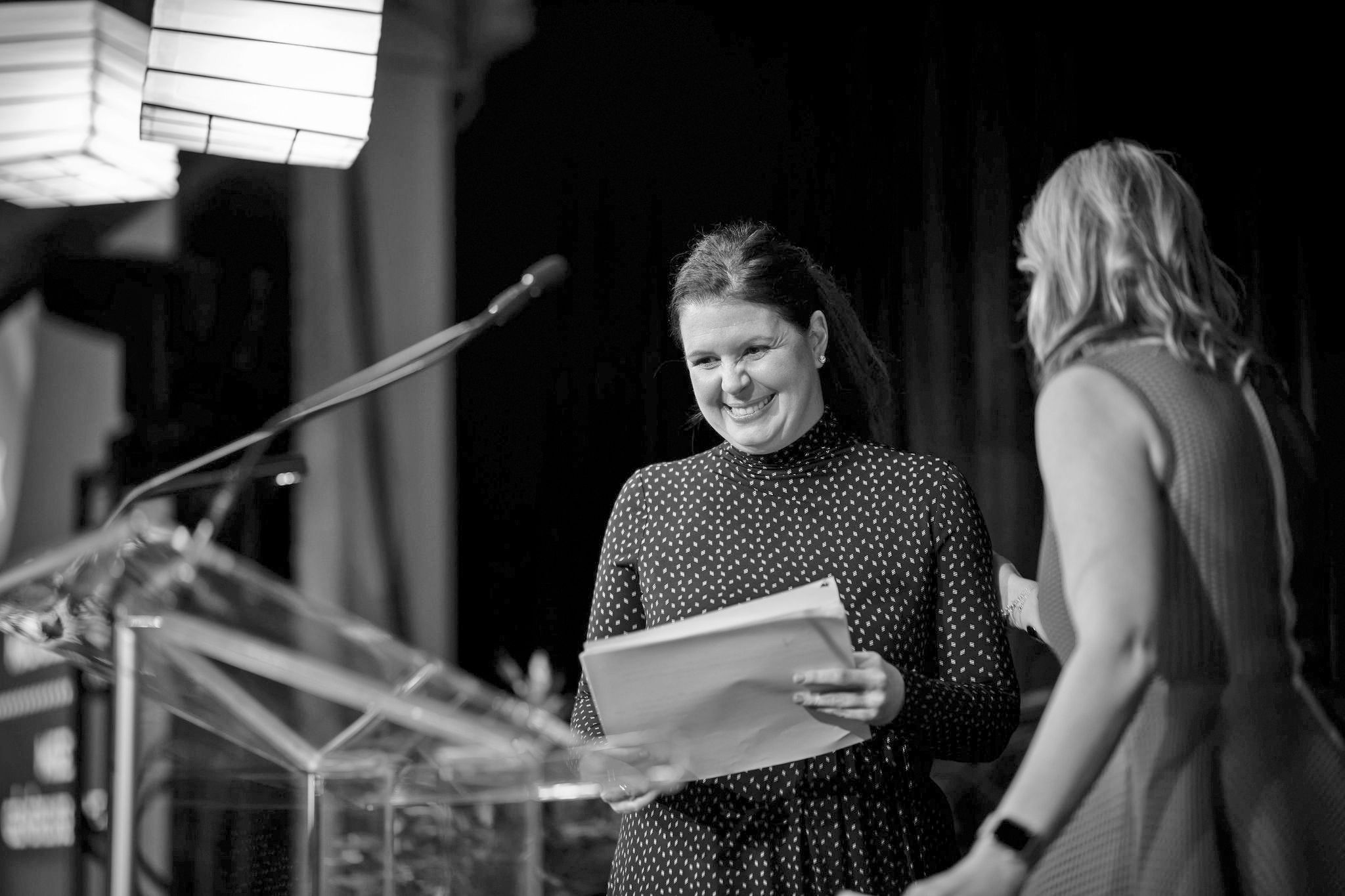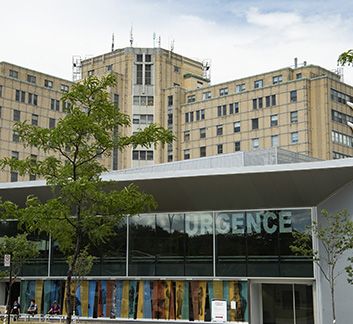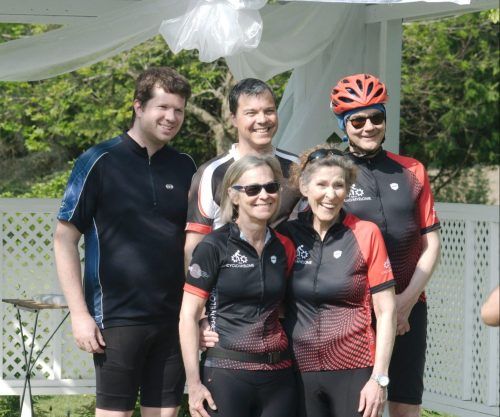Fighting Blindness with Gene Therapy
25 February 2021
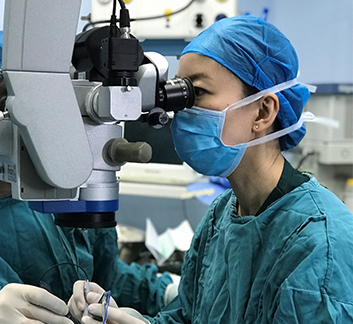 Thanks to the research being carried out by Dr. Cynthia Qian, patients with a rare inherited retinal disease have the hope of preserving their eyesight. Discover how.
Thanks to the research being carried out by Dr. Cynthia Qian, patients with a rare inherited retinal disease have the hope of preserving their eyesight. Discover how.
Surgeon at the University Centre of Ophthalmology of Hôpital Maisonneuve-Rosemont (HMR), Dr. Qian conducts research into gene replacement treatments with Dr. Flavio Rezende. Their work is based on gene therapy and focusses on a rare pathology of the eye: Leber congenital amaurosis.
What is Leber congenital amaurosis?
It is a rare inherited disease. It affects the retina, the inner membrane of the eye, which receives images and transmits them to the optic nerve. Amaurosis causes a variety of vision problems that can lead to total blindness. It affects people of all ages, but usually starts in childhood.
Caused by a gene’s mutation, RPE65, this disease affects people all over the world. In Quebec, it is estimated that around 100 individuals are living with this visual impairment.
Gene therapy: Shaping tomorrow’s healthcare
In the past, the focus was on developing techniques to allow patients to improve their condition, without being able to reverse or curb the effects of the disease. Today, gene replacement therapy could be THE solution and completely cure the patient.
Already approved by Health Canada, the treatment also just received INESSS approval in Quebec. Everything is ready and in place to welcome and treat the first patients, according to Dr. Qian.
Gene therapy: limits, but high hopes
At present, this therapy can only be offered to a small number of patients, preferably young, whose disease is not yet advanced enough and who will have enough viable cells to respond favourably to treatment.
Today, this method can only be offered to patients with Leber congenital amaurosis. But tomorrow, if the results remain conclusive, this technique could be applied to other conditions caused by other genes that react in a similar way.
Hôpital Maisonneuve-Rosemont: A Center of excellence in ophthalmology
It is no coincidence that the HMR is the center developing this new therapy: ophthalmology is one of the three areas of excellence of the HMR, along with nephrology and immuno-oncology.
Moreover, the Hemato-Oncology and Cellular Therapy University Institute at Hôpital Maisonneuve-Rosemont recently welcomed the first gene therapy production unit in Canada.
 About Dr. Cynthia Qian
About Dr. Cynthia Qian
Passionate about ophthalmology for many years, Dr. Cynthia Qian is entering her sixth year as an ophthalmic surgeon at HMR. After her studies at the University of Montreal, she was delighted to be able to join the team that had guided her along the way.
Take part in the medical revolution
You too can share in the successes of the Hôpital Maisonneuve-Rosemont. As a donor, you contribute to the development of revolutionary treatments that can treat and cure patients from all over. Supporting the HMR and its patients is to support the medicine of tomorrow. Thank you for being a source of healing!

